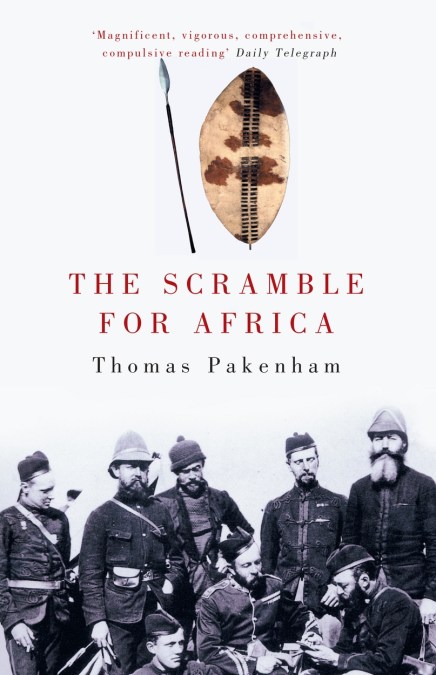The Scramble for Africa astonished everyone.
In 1880 most of the continent was ruled by Africans, and barely explored. By 1902, five European Powers (and one extraordinary individual) had grabbed almost the whole continent, giving themselves 30 new colonies and protectorates and 10 million square miles of new territory, and 110 million bewildered new subjects. Thomas Pakenham’s story of the conquest of Africa is recognised as one of the finest narrative histories of the last few decades.
In 1880 most of the continent was ruled by Africans, and barely explored. By 1902, five European Powers (and one extraordinary individual) had grabbed almost the whole continent, giving themselves 30 new colonies and protectorates and 10 million square miles of new territory, and 110 million bewildered new subjects. Thomas Pakenham’s story of the conquest of Africa is recognised as one of the finest narrative histories of the last few decades.
Newsletter Signup
By clicking ‘Sign Up,’ I acknowledge that I have read and agree to Hachette Book Group’s Privacy Policy and Terms of Use
Reviews
Vast, scholarly and delightful
Masterly, full of pace and character
Pakenham tells the story with pace and compulsive readability . . . conceived on a grand scale with all the colour and control of a master artist
Once again Pakenham shows a dazzling, almost filmic ability to tell a good story
Magnificent, swashbuckling . . . epic

